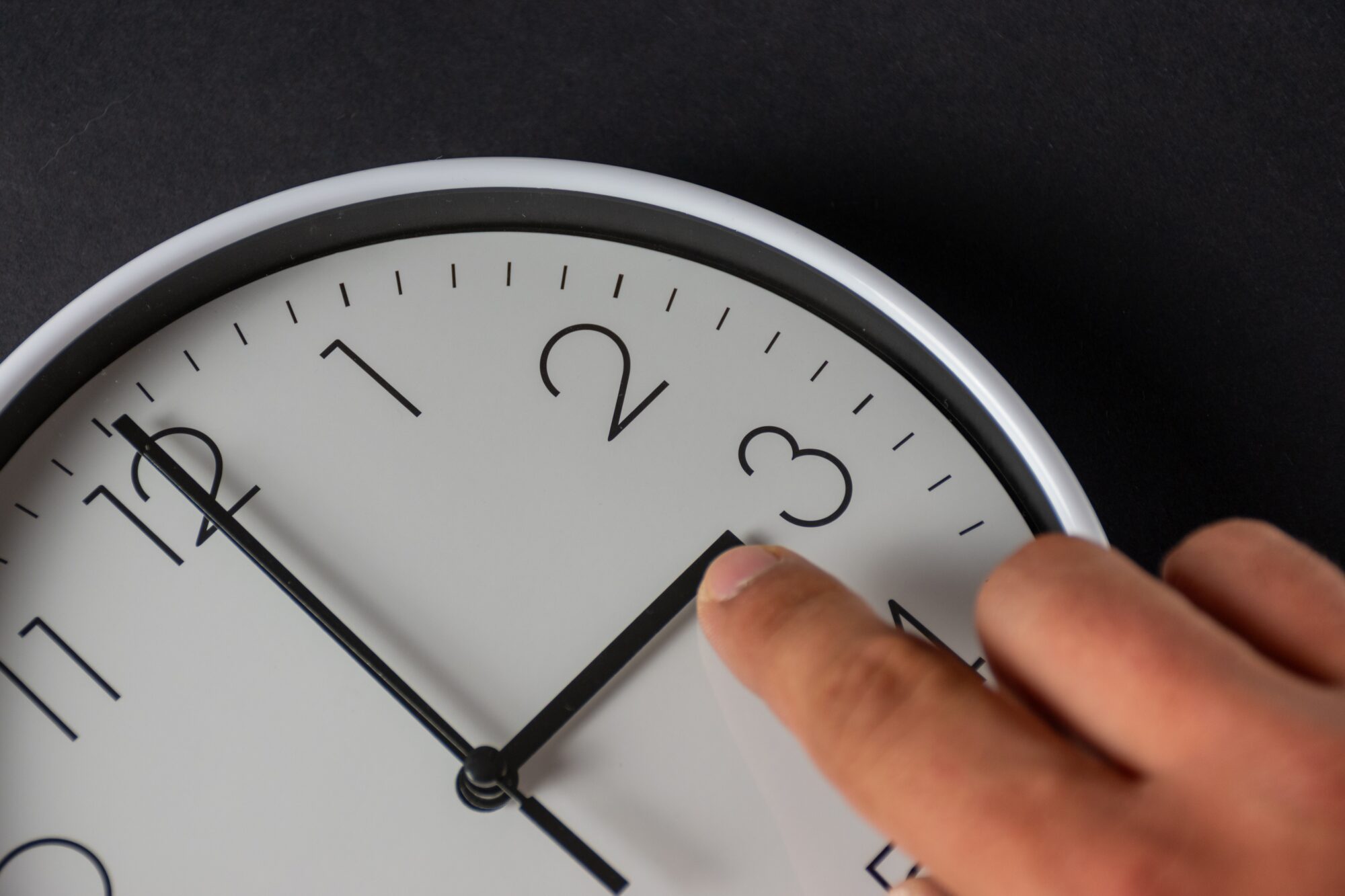
(Photo from Shutterstock)
Listen to the audio version of this article (generated by AI).
- Survey shows 75 percent of Americans support stopping the practice of changing clocks twice a year. Which do you prefer – Standard or Daylight Saving Time?
Get in those evening honey-dos while you still can because Standard Time returns this weekend for much of the U.S.
Starting Sunday, November 2 at 2:00 a.m., the bi-annual changing of the clocks will occur in Mississippi and beyond, meaning clocks will be turned back one hour as Daylight Saving Time ends for the year.
Mornings will be a tad brighter come Sunday while evenings will see the sun set earlier, making for darker hours before you turn in each night this fall and winter.
The shortest day of the year, the Winter Solstice, is slated for December 21.
Not everywhere in the U.S. observes the changing of the clocks. Arizona (except for the Navajo Nation), Hawaii, Puerto Rico, the U.S. Virgin Islands, Northern Mariana Islands, Guam, and American Samoa do not observe Daylight Saving Time and choose instead to remain on Standard Time.
For the rest of the U.S., including Mississippi, Standard Time will only last for about 5 months, as the clocks will then again need to be adjusted forward an hour on March 8, 2026, when Daylight Saving Time comes back around.
Which Time to Your Prefer?
The Center for Public Opinion Research (CPOR) at Stetson University surveyed Americans on the bi-annual clock changes this past March.
According to the Stetson survey, which was conducted nationally with a representative sample of 1,006 U.S. adults, a majority of Americans – 75 percent – support stopping the practice of changing clocks twice a year. Only 18 percent preferred keeping the current system of changing clocks twice per year, while 7% were unsure.
When asked which system they preferred, the survey showed that 54 percent favored year-round Daylight Saving Time. Another 21% supported a permanent switch to Standard Time.
The survey also noted that among generational groups, Gen Z, those between 18 and 29 years of age – showed the highest support for keeping the bi-annual clock changes, with 32 percent favoring the current system. The Stetson survey said that percentage was statistically significant compared to all other generations.











